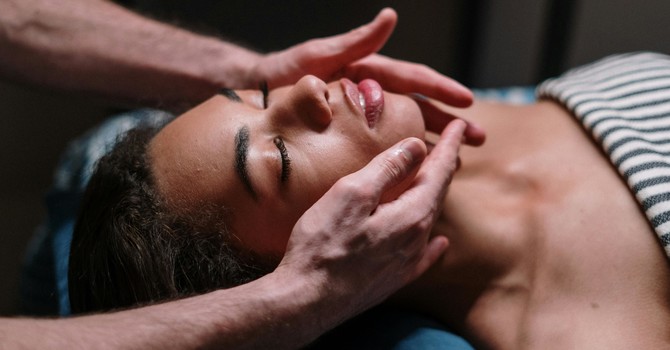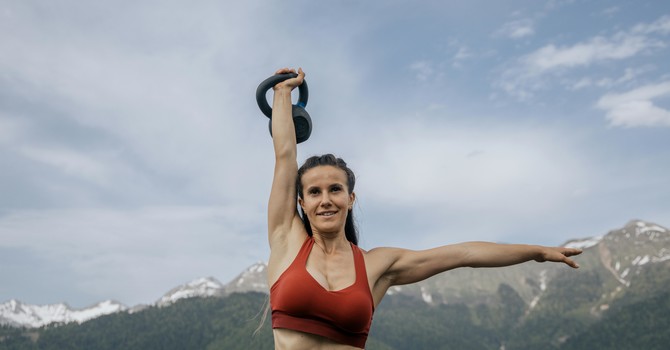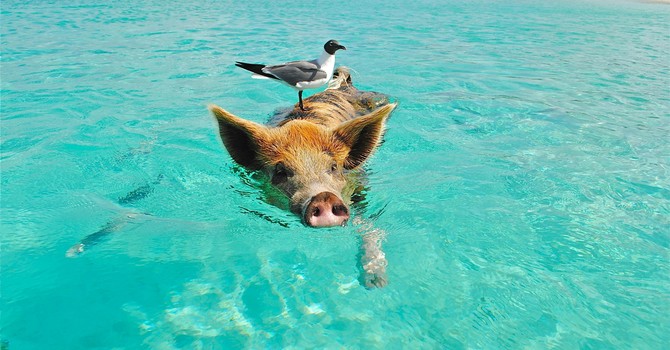
Summer is a time for fun in the sun with lake days, summer camps, and backyard family shenanigans. In today’s fast-paced world, it’s easy to focus on the next task and forget to drink enough water. Many of us often mistake the signals of thirst or simply ignore them altogether and the heat and humidity can quickly lead to dehydration if you're not careful. However, with proper precautions, you can stay safe while enjoying your summer!
What is Dehydration?
Dehydration occurs when your body loses more fluids than it takes in, which can disrupt the balance of salts and sugars in your body and hinder its normal functioning. Every cell, tissue, and organ in the human body relies on water to function properly. And, according to the Mayo Clinic, water makes up 50-70% of body weight.
Even with the best intentions and effort, dehydration can occur. You might be surprised that there are other indicators of dehydration besides thirst. In fact, if you feel thirsty, your body has most likely already lost about 1% of its water. Some signs and symptoms that can indicate dehydration include:
- Urine color (pale or clear is idea, dark means drink more water)
- Not sweating during vigorous activity (this is also a sign of heat exhaustion)
- Extreme thirst
- Fatigue
- Dizziness
- Confusion
- Headaches
- Low blood pressure
- Flushed skin
- Dry mouth
- irritability
- Nausea
Remember, everyone should hydrate, not just athletes or those doing intense activity. To help you enjoy the summer safely, here are some essential tips to prevent dehydration.
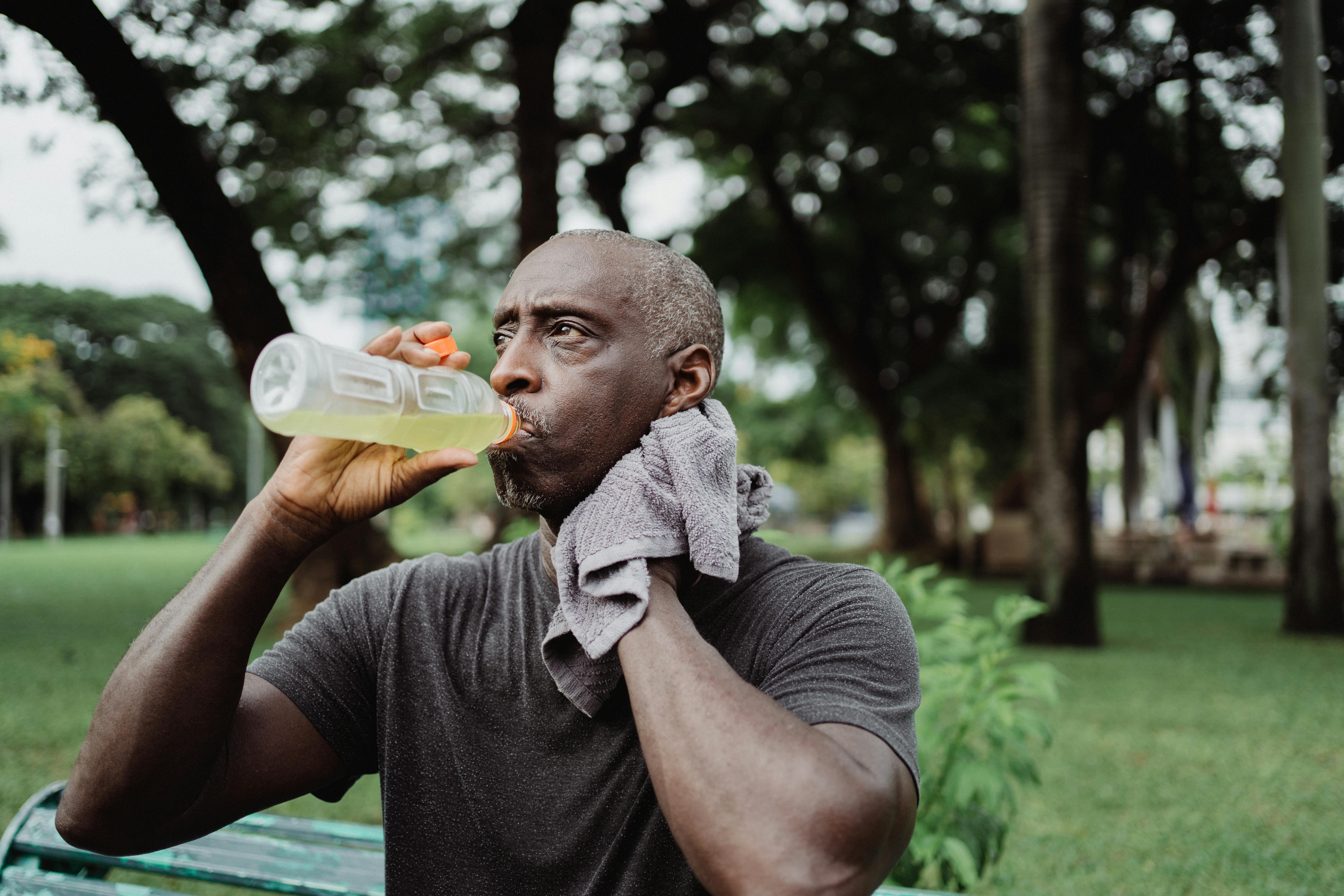
1. Drink Plenty of Water
The most straightforward way to stay hydrated is to drink water consistently throughout the day. The amount of water you need can vary based on your activity level, how much you sweat, medications and medical conditions. The old standard was to aim for 8 cups (64 ounces) of water daily. The current recognized standard is to drink at least half your body weight in ounces of water. For example, if someone is 150 pounds, they should drink about 75 ounces of water daily as their minimum. Remember to drink more if you're exercising or spending extended periods outdoors.

2. Eat Hydrating Foods
Drinking enough water is important, but your total daily fluid intake doesn’t come from beverages alone. Many fruits and vegetables have high water content and can help keep you hydrated. Watermelon, celery, cucumbers, strawberries, lettuce and oranges are excellent choices. Including these in your diet not only boosts your fluid intake but also provides essential vitamins and minerals. In addition to snacking on these foods, many can be added to water for a subtle boost of flavor or whipped into a smoothie as a nutritious, hydrating meal!
3. Avoid Excessive Caffeine and Alcohol
Caffeinated and alcoholic beverages can contribute to dehydration. Both substances are diuretics, meaning they cause your body to eliminate water faster than usual. If possible, avoid these types of beverages if you will be outdoors for extended periods. And when you do consume these beverages, balance them with plenty of water.
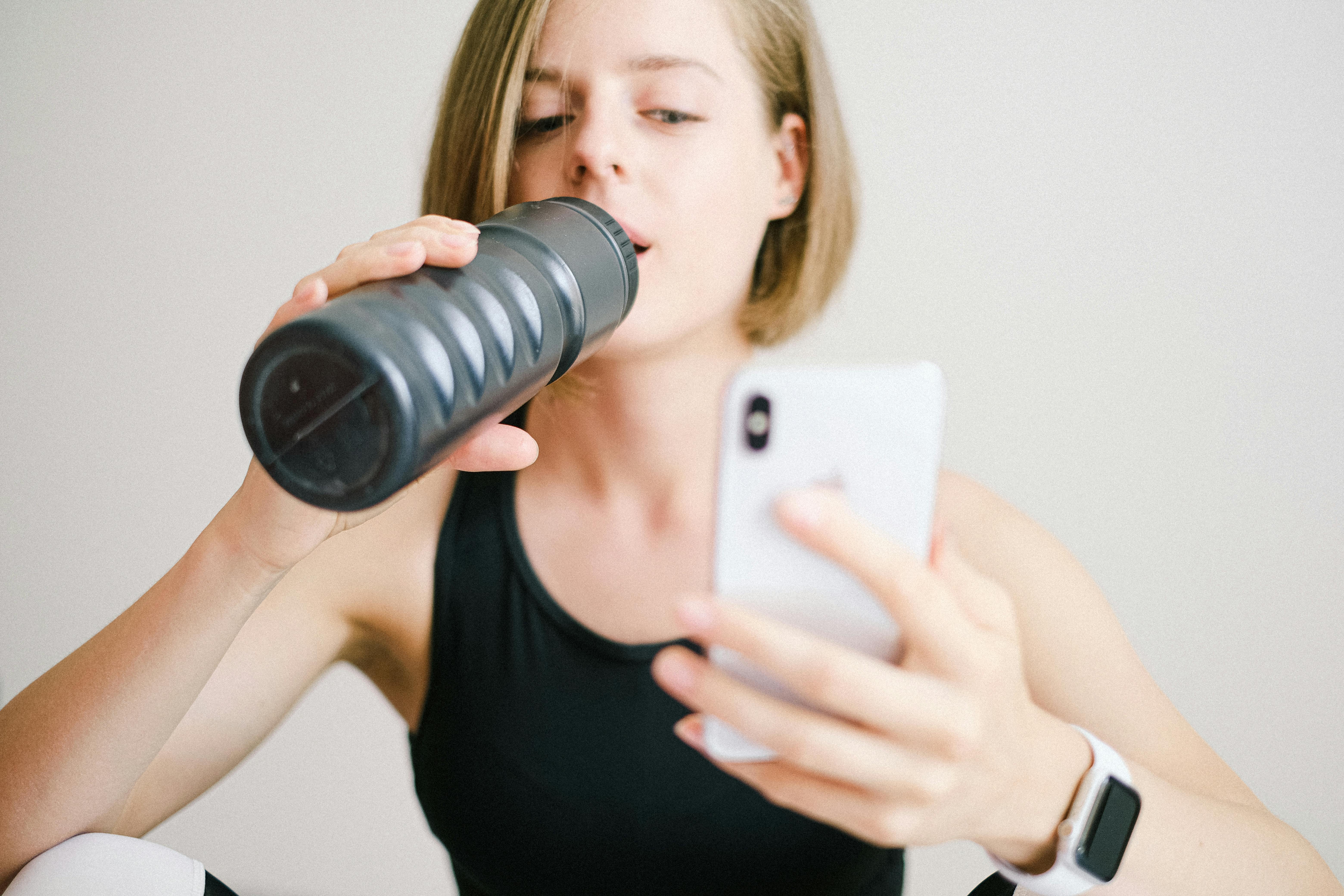
4. Set Reminders
In the hustle and bustle of summer activities, it's easy to forget to drink water. Setting reminders on your phone or using hydration apps such as HydroCoach or Aqualert can prompt you to drink regularly. Carrying a reusable water bottle can also serve as a constant visual reminder to stay hydrated. New smart water bottles such as HidrateSpark can make it easy to track your liquid intake and help you meet your hydration goals.

5. Dress Appropriately
Wearing lightweight, loose-fitting, and light-colored clothing can help you stay cool and reduce sweating. Fabrics that wick moisture away from the skin, such as cotton and performance materials, are also beneficial. Wearing a wide-brimmed hat can also provide shade.
6. Take Breaks in the Shade
When it comes to proper hydration, regulating a healthy body temperature goes hand in hand with drinking plenty of water throughout the day. When spending time outdoors, take regular breaks in the shade or indoors to cool down. Reducing your exposure to direct sunlight can help prevent excessive sweating and fluid loss.
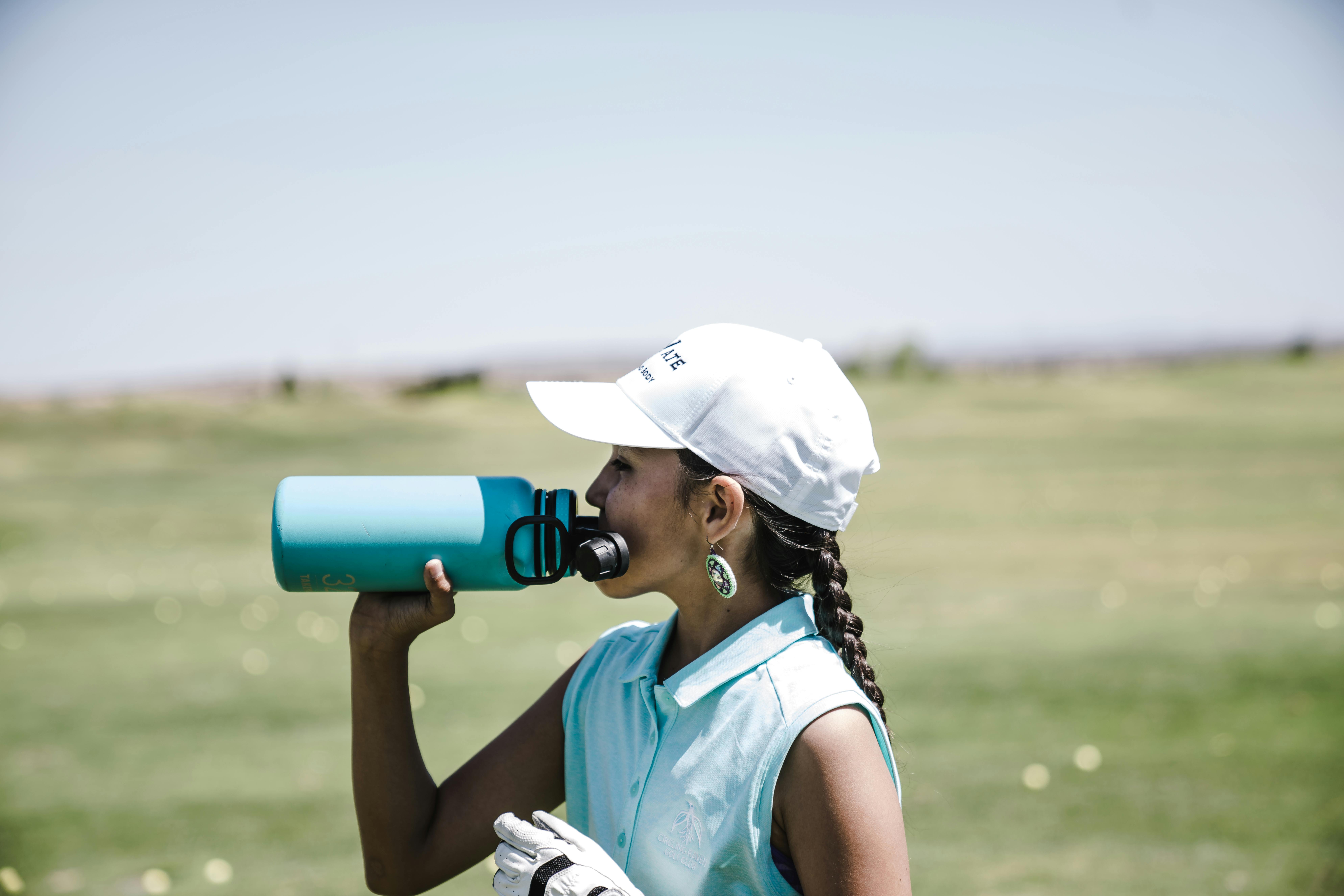
7. Listen to Your Body
Pay attention to the signals your body sends. If you start feeling thirsty, dizzy, or lightheaded, it's crucial to take immediate action by drinking water and resting. Ignoring these signs can lead to more severe dehydration.
8. Replenish Electrolytes
During intense physical activity or prolonged exposure to heat, you lose not only water but also electrolytes through sweat. Electrolytes like sodium, potassium, and magnesium are vital for regulating nerve and muscle function. Replenishing these electrolytes before, during, or after exercise can also help the body rehydrate more efficiently. Sports drinks or electrolyte additives can help replenish these, but be mindful of their sugar content. Sugar can be beneficial to replenish glycogen stores after exercise, but too much sugar will actually dehydrate you. Our favorite electrolyte additives are LMNT and Dripdrop.
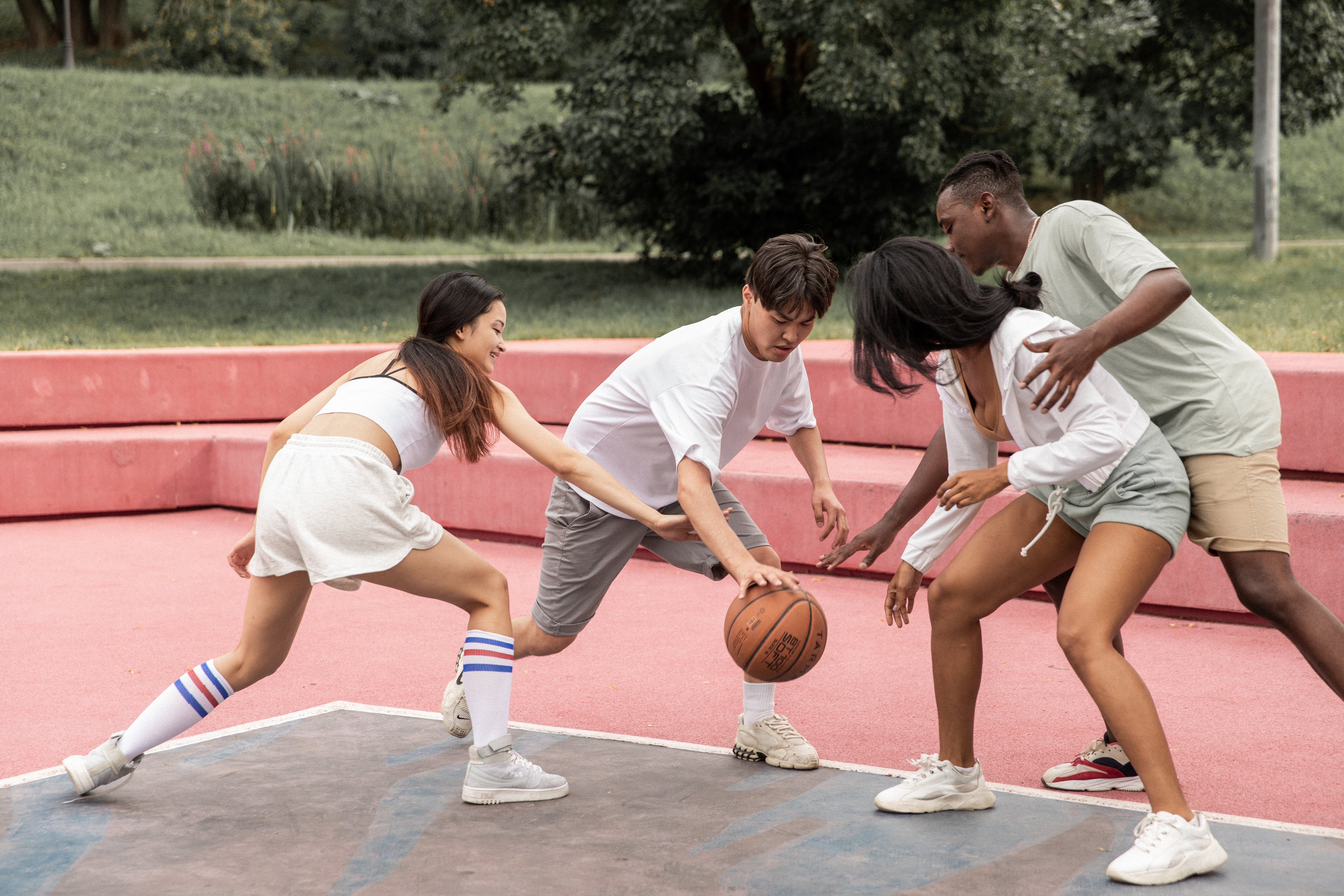
9. Hydrate Before, During, and After Exercise
Drinking enough fluids will help to maintain your concentration and performance, increase your endurance, and prevent excessive elevation in heart rate and body temperature. The American Council on Exercise (ACE) recommends the following hydration schedule when exercising:
- Drink 17-20 ounces 2-3 hours before exercising
- Drink 8 ounces 20-30 minutes before exercising
- Drink 7-10 ounces every 10-20 minutes during exercise
- Drink 8 ounces no more than 30 minutes after exercise
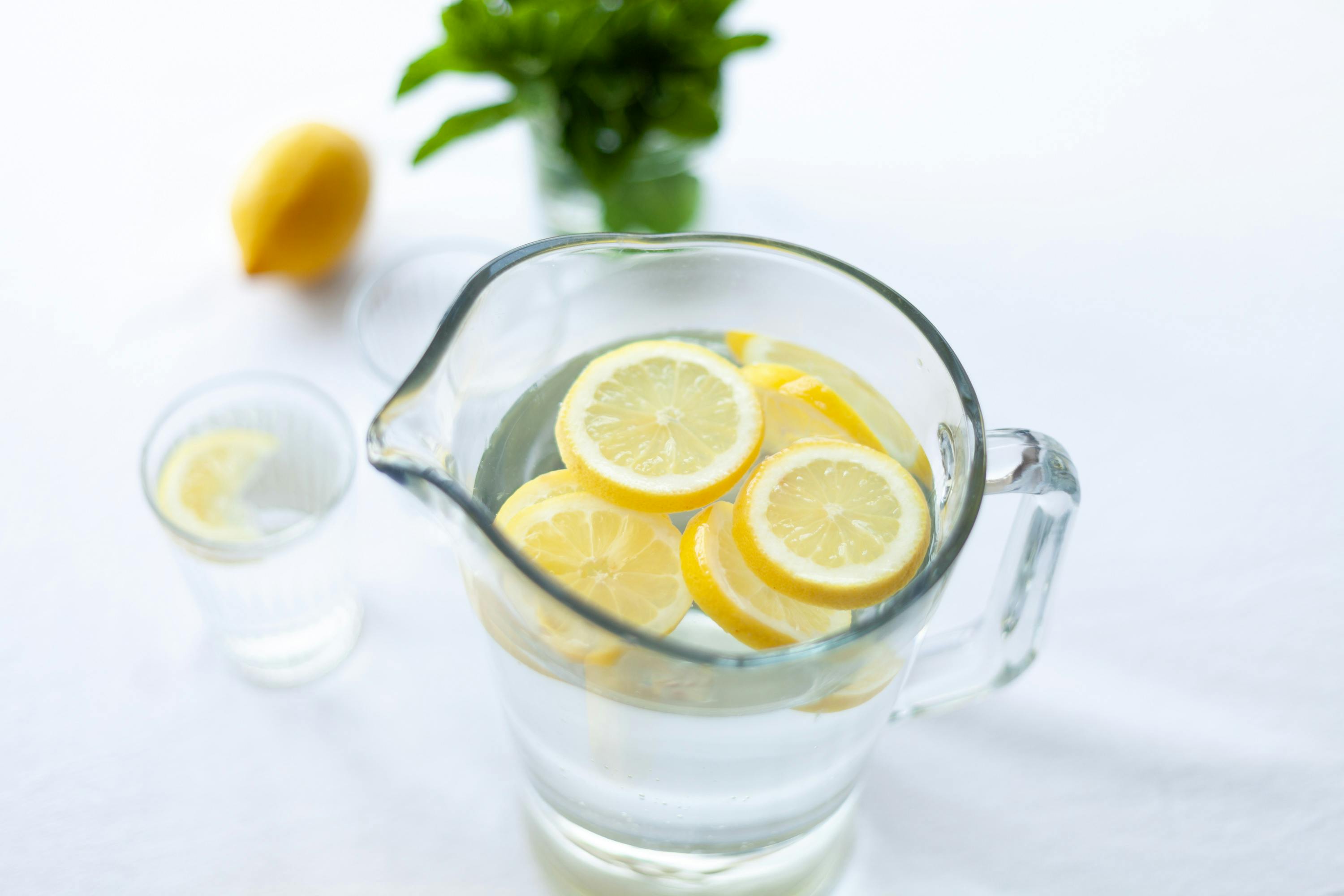
10. Jazz up your water
Invigorate your water with the tastes of summer by adding slices of fresh fruit or veggies. Lemon added to water is not only a great source of vitamin C, but it can aid with digestion. Looking for something sweeter? Try adding strawberries or raspberries to your water instead of reaching for a sugary beverage. Zero calorie flavored seltzer water is another great summer alternative to plain water.
Final Thoughts
Staying hydrated is crucial for maintaining your health and well-being, especially during the hot summer months. By following these tips, you can enjoy all the season's activities without the risk of dehydration. Remember, staying ahead of your thirst and listening to your body are the best strategies to keep hydrated and healthy.
Stay cool, drink up, and have a fantastic summer!
Dr. Heather Champion
Contact Me